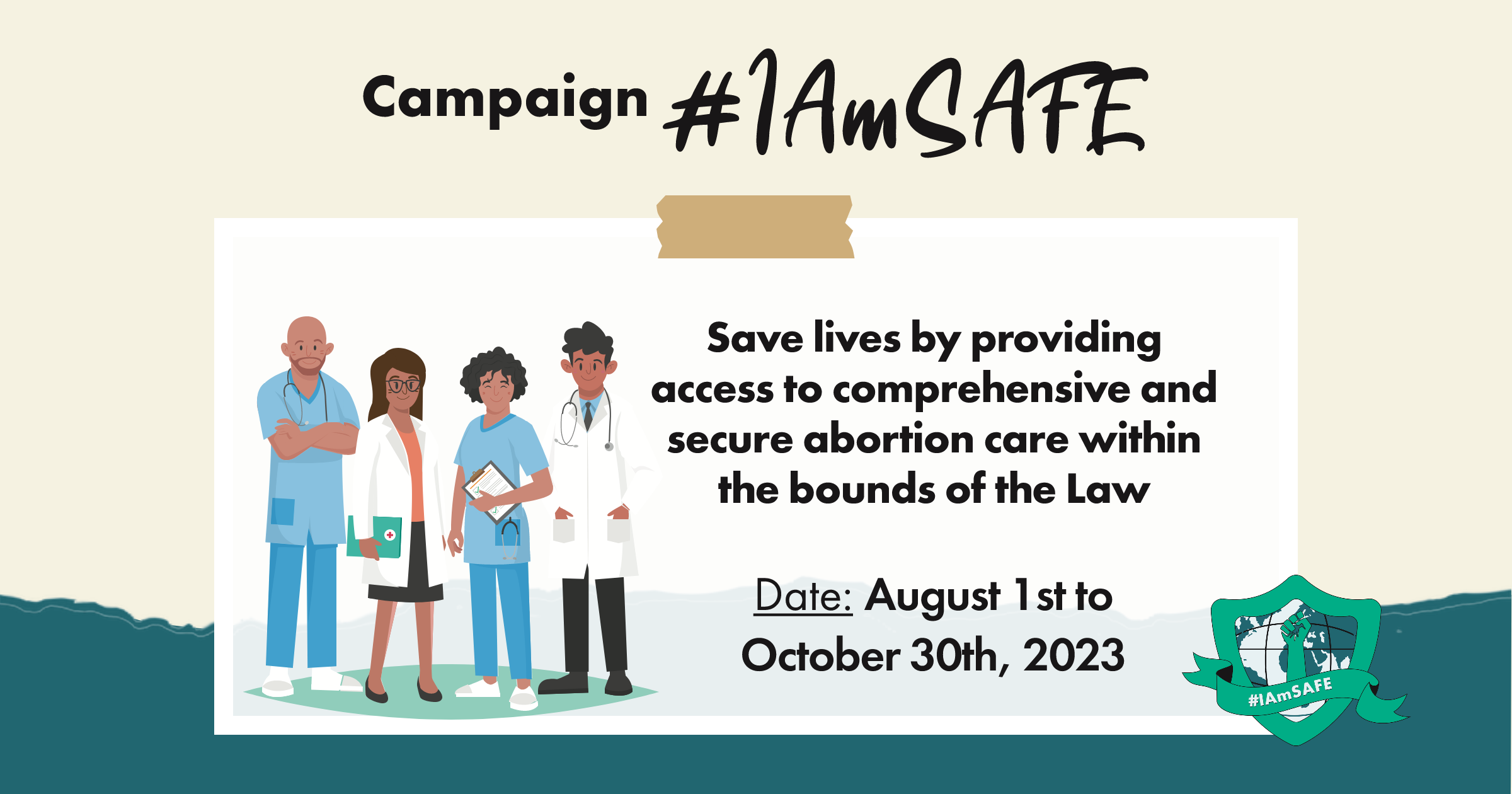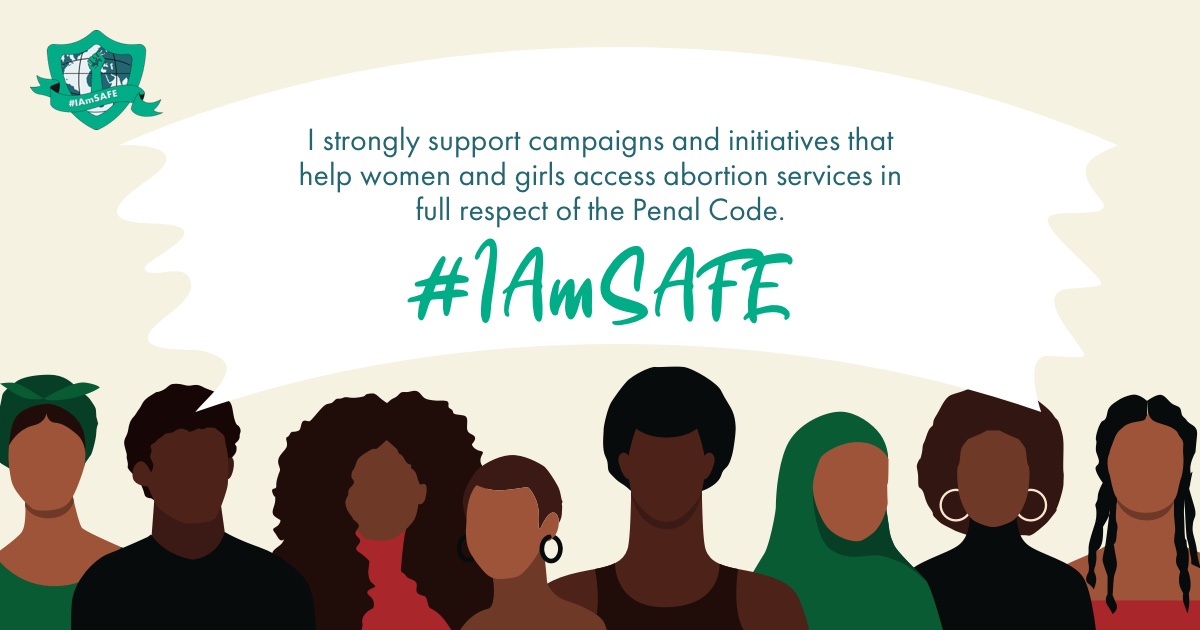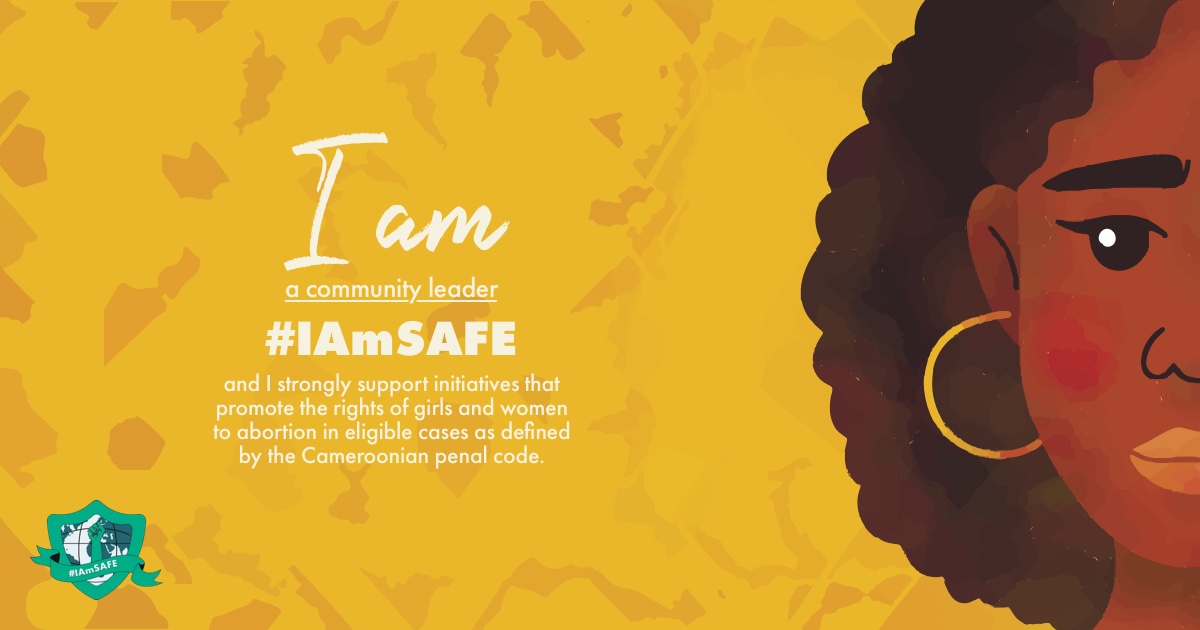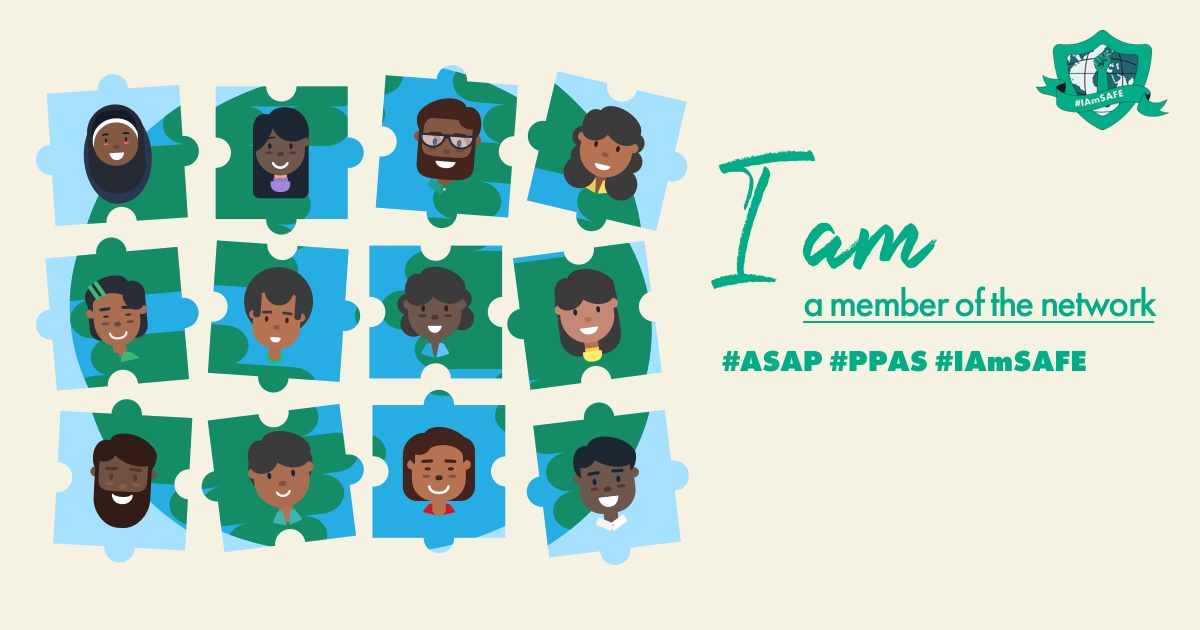Common: Abortion is common: 6 out of 10 unintended pregnancies and 3 out of 10 of all pregnancies end in induced abortion. If performed according to best practices, abortion is safer than continuing a pregnancy and childbirth.
Legal: Abortion is legal in most countries; to enhance access, it should be regulated like other essential healthcare procedures (and not through criminal codes).
120 million: Girls (under 20 years old) – slightly more than one in ten people – have experienced forced sexual intercourse or other forced sexual acts at some point in their lives.
33 million: Every year worldwide, 33 million contraceptive users are expected to have an unintended pregnancy while using a contraceptive method.
35 million: Women annually resort to unsafe abortion conditions.
3 out of 4: In Latin America and Africa, 3 out of 4 abortions are unsafe.
Exclusion: Lack of access to safe abortion disproportionately affects women and girls of color, indigenous groups, adolescents, and those living in poverty and rural areas – these groups are at increased risk of maternal death and disability.
60%: Nurses and doctors providing comprehensive sexual and reproductive health (SRH) care, including safe abortion, report experiencing abuse and intimidation.
39,000: Each year, nearly 39,000 preventable maternal deaths result from unsafe abortions, equivalent to the population of Monaco.
553 million: Dollars are spent on post-abortion care related to unsafe abortion in PRFM annually. $922 million in household income is lost every year due to long-term disability from unsafe abortion.
9 million: Women each year do not receive needed care for complications after unsafe abortion.
Telemedicine: and self-managed medication abortions have revolutionized access to safe abortion care.
The FIGO member societies involved in this campaign are:
- National College of Obstetricians and Gynecologists of Benin (CNGOB)
- Society of Gynecologists and Obstetricians of Cameroon (SOGOC)
- Society of Gynecology and Obstetrics of Côte d’Ivoire (SOGOCI)
- Malian Society of Obstetrics and Gynecology (SOMAGO)
- Society of Gynecologists and Obstetricians of Burkina Faso (SOGOB)
The campaign involves the member societies from West Africa (Benin, Burkina Faso, Cameroon, Mali, and the Republic of Côte d’Ivoire) to promote the initiatives and communication tools established in the sub-region with these societies. The communication campaign #IAmSAFE is launched in collaboration with the gynecology and obstetrics societies of Africa. This campaign aims to provide resources to young activists, media, young artists, gynecologists, and civil society organizations
The objectives of the #IAmSAFE campaign are:
Increase the mobilization of stakeholders and influential individuals around access to safe abortion services. Specifically, this involves:
-
- Enhancing the development of communication tools tailored to national contexts for improved abortion communication.
- Strengthening partnership and collaboration with civil society for advocacy on safe abortion access through their participation in the campaign in the region.
You can participate in or support the #IAmSAFE campaign by:
- Posting or sharing infographics, videos, testimonials, success stories, campaign event reminders, as well as calls to action.
- Endorsing social media posts.
Everyone can participate in or support the #IAmSAFE campaign.
NGOs can share a valuable tool or resource related to abortion work with a message and the hashtag.
Example: FIGO supports the #IamSAFE campaign. Check out the ASAP Compendium highlighting FIGO’s advocacy successes under the PPAS project in Africa.













